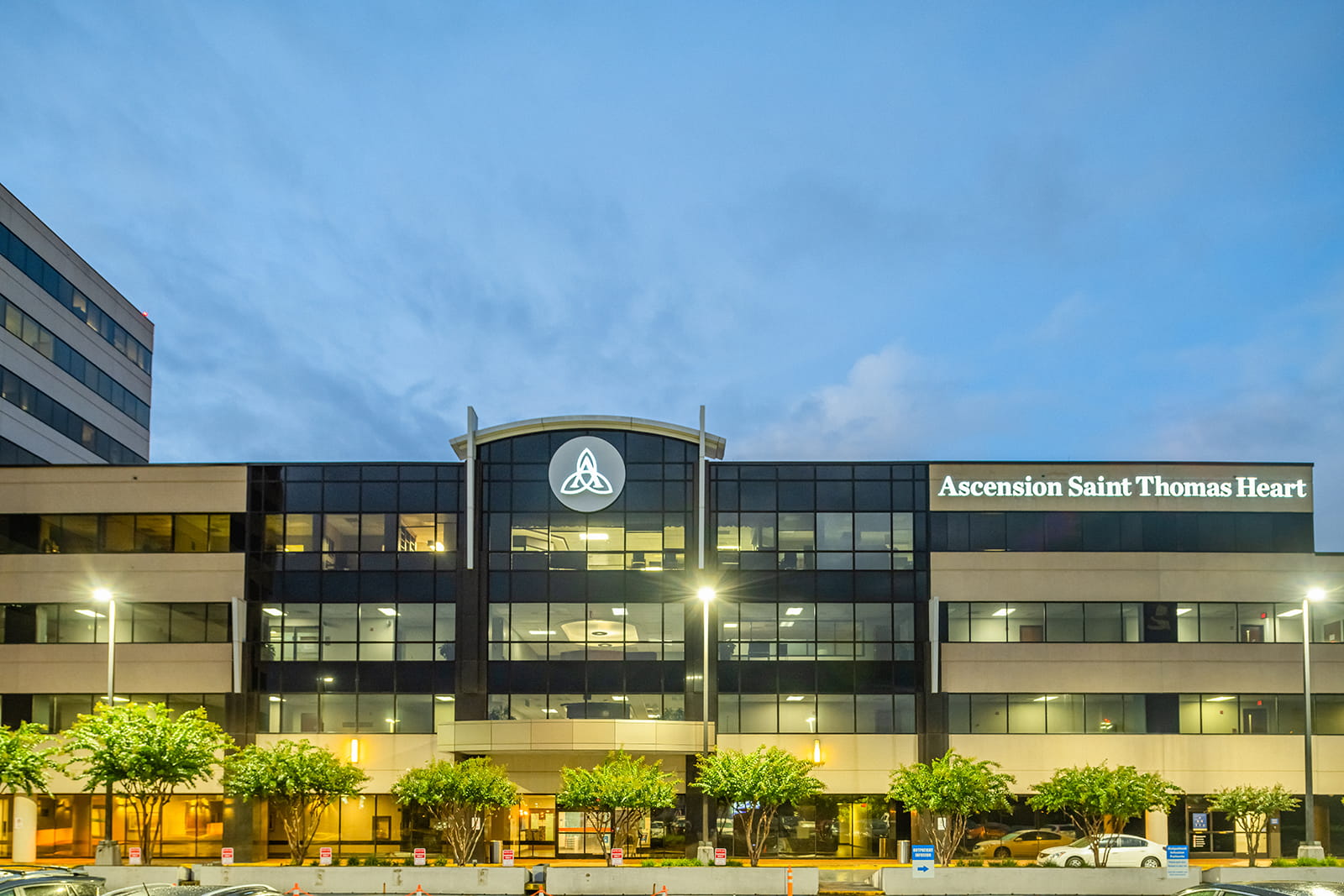How do I start the process for a kidney transplant?
1. Schedule an evaluation with one our doctors
Meet with members of the transplant team to learn more about what to expect before, during and after the procedure. We will also explain the criteria that needs to be met to be a candidate for a kidney transplant.
2. Complete medical tests
These tests can include blood work, ultrasound, x-rays, EKG, and other vital screenings that will help determine if a transplant is safe for you. Your care team will help you find out what tests you will need.
3. Patient placed on the waiting list
If you are eligible for transplant, you will be placed on the waiting list.
4. Stay active on the waiting list
Over time you will need to repeat many of the tests you had during your evaluation to monitor your health and help you stay eligible for a kidney transplant.
5. Stay in contact with your transplant coordinator
Call your coordinator if anything changes, such as your address, insurance or health situation.
How long does it take to get a kidney transplant?
A living donor kidney transplant can happen electively and typically within a year or less of finding a matching donor who is able to donate. A deceased donor kidney transplant takes on average three to five years. There are also other factors that can affect your wait time. Matching donor and recipient is based on your medical condition, where you live, how long you have been on dialysis and how long you have been on the waiting list. Your chances of getting a kidney typically increases over time.
What happens during the transplant?
Kidney transplant surgery typically lasts about three hours. After arriving, you will be given general anesthesia and put to sleep. Your transplant surgeon will make an incision on one side of your lower abdomen and the donor kidney will be placed in your pelvic area where it will be well protected. The blood vessels from the kidney will be reconnected and the ureter will be stitched to your bladder. This will allow the urine from your new kidney to flow down to your bladder.
What happens after the transplant?
During your recovery period, your care team will frequently check your vital signs, draw blood, collect urine for lab tests, monitor your urine output and administer medications. You can expect to spend about three to four days in the hospital after surgery. Your nurses will help you regain strength and the post-transplant coordinator and transplant pharmacist will help you manage your medications. Before leaving, we show you how to care for yourself when you go home.
Close follow-up is essential for the success of your transplant. After you are discharged, you will return to the transplant clinic for follow-up lab work and meet with your transplant team over the course of several weeks.
What about Living Donors?
For patients with living donors, we can evaluate potential donors before the recipient’s kidney function deteriorates more. This can help decrease the time you are on dialysis.
Learn more about being a kidney donor and our Kidney and Transplant Program.

